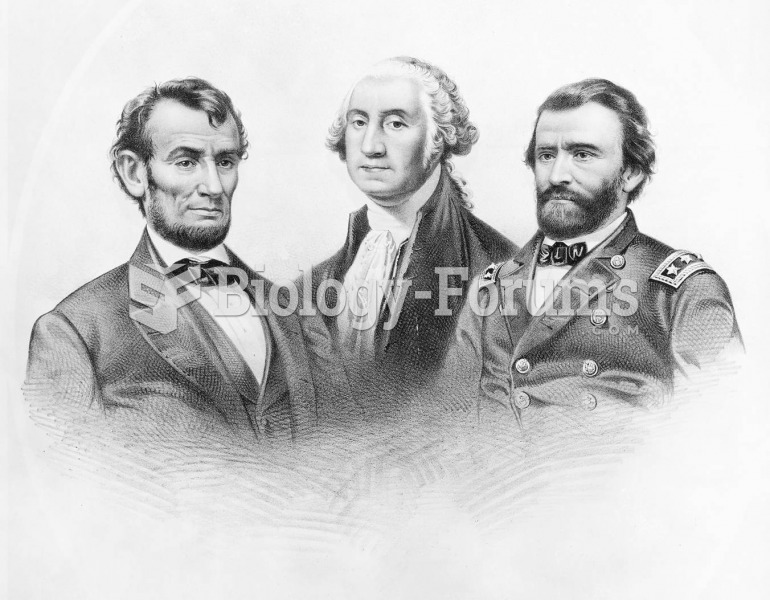|
|
|
The first oral chemotherapy drug for colon cancer was approved by FDA in 2001.
Most strokes are caused when blood clots move to a blood vessel in the brain and block blood flow to that area. Thrombolytic therapy can be used to dissolve the clot quickly. If given within 3 hours of the first stroke symptoms, this therapy can help limit stroke damage and disability.
Illicit drug use costs the United States approximately $181 billion every year.
Children with strabismus (crossed eyes) can be treated. They are not able to outgrow this condition on their own, but with help, it can be more easily corrected at a younger age. It is important for infants to have eye examinations as early as possible in their development and then another at age 2 years.
Thyroid conditions cause a higher risk of fibromyalgia and chronic fatigue syndrome.







